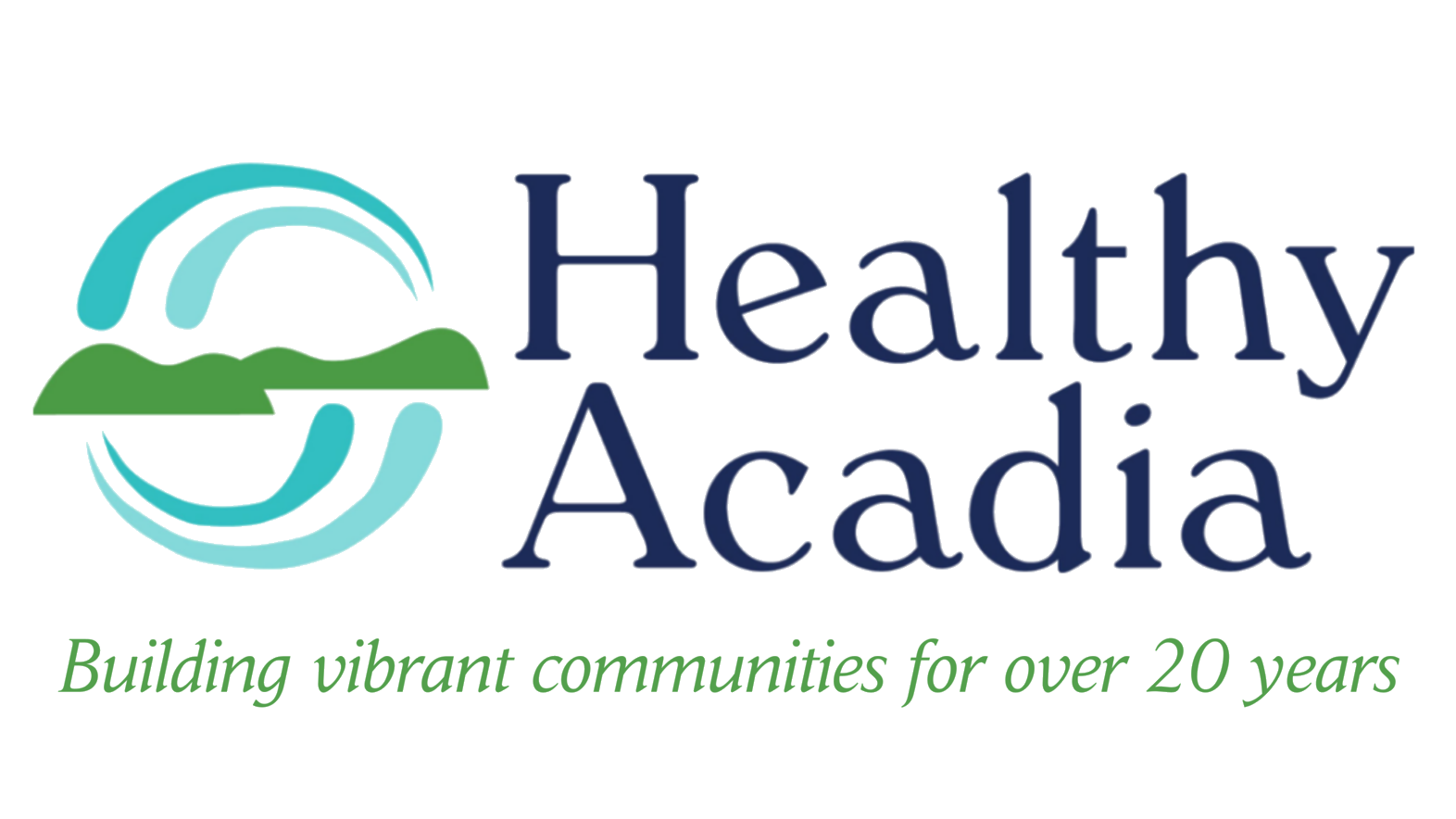Understanding Fetal Alcohol Spectrum Disorders (FASD): Prevention, Signs, and Support
Understanding Fetal Alcohol Spectrum Disorders (FASD): Prevention, Signs, and Support
Fetal Alcohol Spectrum Disorders (FASD) encompass a range of lifelong physical, behavioral, and learning problems caused by prenatal alcohol exposure. While the effects can vary, FASD is a serious public health concern affecting families and communities across the United States, including right here in Maine. Fortunately, FASD is 100% preventable.
With September recognized as both National Recovery Month and FASD Awareness Month, it’s important to highlight the latest insights from trusted sources like the Maine CDC, US CDC, SAMHSA, and the National Institutes of Health (NIH). These organizations provide evidence-based resources on prevention, diagnosis, and treatment to help individuals and families navigate this complex issue.
What is FASD?
FASD refers to a group of conditions caused by alcohol exposure during pregnancy. According to the US CDC, alcohol can affect a developing baby in numerous ways, leading to a range of disorders under the FASD umbrella, including:
Fetal Alcohol Syndrome (FAS): The most severe form, characterized by growth problems, distinct facial features, and central nervous system (CNS) abnormalities.
Partial Fetal Alcohol Syndrome (pFAS): Similar to FAS but with fewer symptoms.
Alcohol-Related Neurodevelopmental Disorder (ARND): Affects cognitive and behavioral development without the physical symptoms.
Alcohol-Related Birth Defects (ARBD): Includes problems with the heart, kidneys, bones, or hearing.
Signs and Symptoms
Symptoms of FASD can vary depending on the type and severity of exposure. Common signs include:
Physical signs: Smaller head size, below-average height and weight, distinct facial features like smooth ridge between the nose and upper lip (philtrum), and poor coordination.
Cognitive challenges: Learning disabilities, poor memory, difficulty with attention, reasoning, or problem-solving.
Behavioral issues: Hyperactivity, impulsiveness, social challenges, and difficulty adapting to change.
Because the signs can overlap with other developmental conditions, diagnosis can be challenging, especially when alcohol use during pregnancy isn’t disclosed. Healthcare providers often rely on a combination of medical history, physical exams, and assessments of cognitive and behavioral development.
Diagnosis
Diagnosis of FASD requires a comprehensive approach. According to the Maine CDC, healthcare professionals look at prenatal alcohol exposure history, physical characteristics, and developmental milestones. Early diagnosis is key to accessing services and support, as it helps caregivers understand the specific needs of the child and take steps toward intervention.
The most important fact about FASD is that it’s entirely preventable. No amount of alcohol is safe during pregnancy, and FASD can occur even before a person knows they are pregnant. The Maine CDC and the US CDC emphasize that the safest choice for anyone who is pregnant or planning to become pregnant is to abstain from alcohol completely. It’s also crucial to avoid alcohol when trying to conceive, as damage to the fetus can occur early in pregnancy.
Treatments and Interventions
While there is no cure for FASD, early intervention services can significantly improve outcomes for affected individuals. Treatment options vary depending on the child’s specific symptoms but may include:
Educational support: Tailored learning plans can help children with FASD thrive in school.
Therapies: Speech therapy, occupational therapy, and physical therapy can address developmental delays.
Behavioral interventions: Techniques like cognitive-behavioral therapy (CBT) can help manage emotional and social difficulties.
Medical care: Children may need treatment for heart, kidney, or vision problems.
Support services: Counseling and support for families is crucial to managing the day-to-day challenges of caring for a child with FASD.
Early diagnosis and consistent care are key to helping individuals with FASD reach their full potential.
PROSPER
Healthy Acadia’s PROSPER team offers navigation and support for expectant and new parents, caregivers, and families living with substance use disorder in Washington and Hancock counties, Maine. PROSPER's Community Health Navigation support is free of charge. Learn more here.
Connect
Connect with a PROSPER Community Navigator and get the support you need on your journey to reach your pregnancy, parenting, and treatment goals.
To request supportive services through the PROSPER Initiative, please click here.
Providers: Please click here to complete a PROSPER Provider Referral Form.
For more information or additional assistance, please call (207) 974-7460 or email prosper@healthyacadia.org.
Additional Resources for Prospective Parents
Reducing or quitting alcohol and substance use can be challenging, but there are many resources available to help prospective parents make healthy choices:
Maine CDC Tobacco and Substance Use Prevention and Control Program: Offers local resources for substance use treatment, including services specifically for pregnant people. Contact 211 Maine for help finding services.
Substance Abuse and Mental Health Services Administration (SAMHSA): Offers a confidential helpline, available 24/7, for individuals struggling with substance use disorders (1-800-662-HELP). SAMHSA also provides treatment locators to help find support in your area.
The National Institutes of Health (NIH): NIH provides comprehensive guides on substance use and pregnancy, including tools for managing alcohol cravings and finding treatment facilities.
MotherToBaby: A free resource providing evidence-based information on the effects of alcohol and other substances during pregnancy. The service is available via phone, text, or email (1-866-626-6847).
Maine Women, Infants, and Children (WIC) Program: WIC provides nutritional support, breastfeeding education, and substance use counseling for pregnant and postpartum women. Many local WIC offices can connect you to additional resources.
Supporting Families and Communities
As a community, we can work together to support parents and families in making alcohol-free pregnancies a reality. By sharing information, offering compassion, and connecting individuals with resources, we can prevent FASD and help every child reach their potential.
If you or someone you know is struggling with alcohol use during pregnancy, reaching out is the first step to finding the support and guidance you need. Maine offers a wide range of resources, and early intervention can make a world of difference for both mother and child.
Learn More
For more information, visit the following websites:
SAMHSA’s National Helpline


